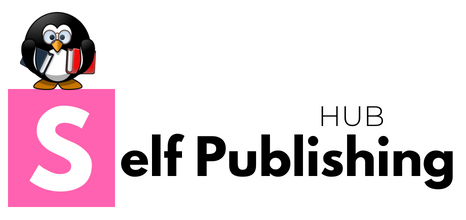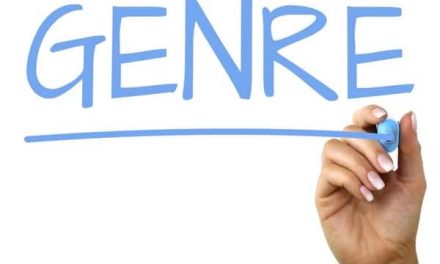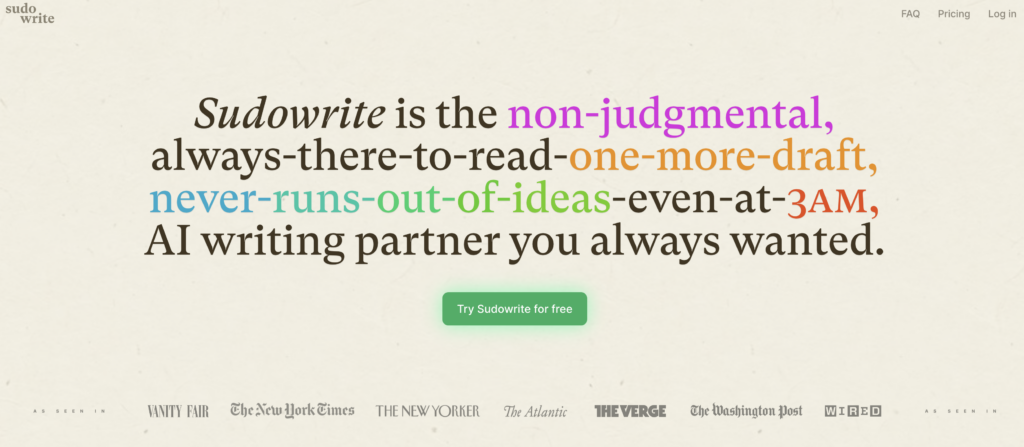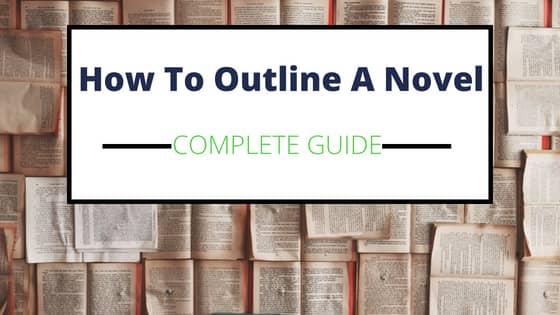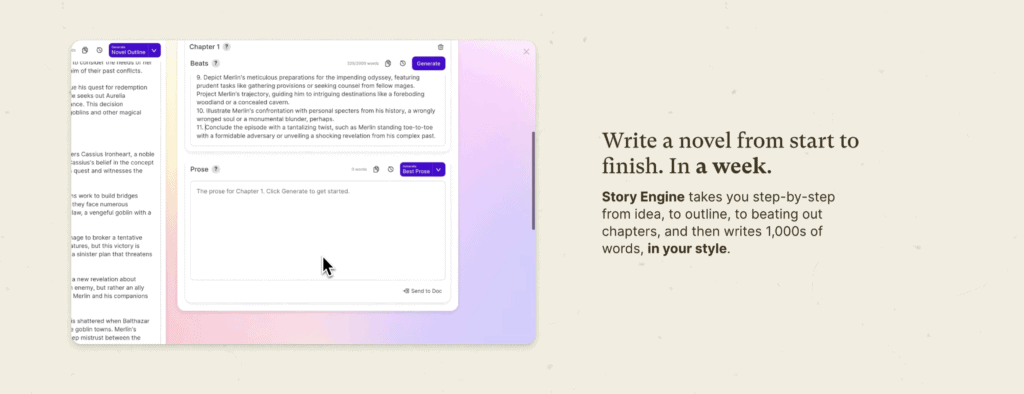Disclosure: The content on this site is free. Some of the links below are affiliate links from companies like Amazon.com and if you click the links and make a purchase we will receive a small commission at no additional cost to you. Thank you in advance if you decide to support our site by using our affiliate links!
As a new writer, we sometimes create a mystique around certain writing concepts; which, I think stems from the self-doubt that creeps its way into all our heads when we finally make the audacious decision to write a novel. For me, one of those concepts was understanding the basic story elements of fiction.
To fully understand this concept let’s start off by answering a basic question, what are the elements of fiction? The story elements of fiction are simply the fundamentals tools a writer has to form and develop the basic construct of any story. The 7 main elements of fiction include:
Read the remainder of this guide to learn the definition of each story element, examples of how to use them in your writing and much more.
Article Topics
Defining the Story Elements of Fiction & How to Use Them Effectively
Remember that the story elements of fiction are essentially the tools an author has in his tool belt to craft a story. Using them effectively will elevate your story and reader experience.
It’s ok if you don’t feel like you’ve mastered all these elements, that self-doubt happens to the best of us. 🙂
The mere fact that you are taking the time to learn new things and improve your craft is a huge step and you should celebrate that. So take a second and acknowledge the fact that while you may not write to perfection, you are on your way to writing to progress.
Ok, let’s get into defining each key element of fiction a little further.
Story Element # 1: Character
The first story element we will discuss and what many would argue is the most important is Character. Read our full guide to character development here.
What is the definition of “Character” as an Element of Fiction?
When we discuss Character in fiction we are describing a being that the author will use to move the story forward. The characters in a story are essential to all other elements, at least as far as giving them any real meaning to the reader.
A character can be a person, animal, or object. I know that either seems really simple or totally crazy but here are some examples of character’s that aren’t people in case you don’t believe me.
- Animal: A Dog’s Purpose
- Object: Wilson the volleyball in Cast Away (not one of my favorite characters by the way)
Now we can debate if the writers accomplished what they tried to do in creating a character we cared about in Cast Away with Wilson, but they did never the less create one out of an inanimate object. Tom Hanks’ character sure cared about him by the end of the movie as seen below, even if some viewers (like me) really didn’t.
Each story can be made up of major and minor characters, and each of the characters can be static or dynamic.
Major Characters: Are central to your story and it’s theme. Your protagonist should be considered the major character and thus always be dynamic. The same probably goes for your protagonist and any other characters that are at the heart of what your story is about.
Minor Characters: Are supporting characters that often exist to illuminate your major characters further as well as help them move the story forward. They are often times considered static characters.
Other Resources to Help with Character
If you want to learn more about character development, take a look at our step by step guide below. This will walk you through a simple 4 step process to develop great characters.
Read this article to learn more about Character Development
If you feel like you have Character Development down, then awesome! I salute you! Maybe you are just looking for some specific questions to ask to add to your character development worksheet. You can find 100 of those questions below:
Get 100 Interviewing Questions for your Character Worksheet Here
Dynamic vs Static Characters: Let’s quickly define the difference between Static and Dynamic Characters.
- Static Characters: Simply put, static characters are characters that do not change throughout the story. They are the same when they started the novel as they are at the end. Major characters should never be static. If they are the propelling force behind how the reader experiences the story, then the events of the story should change the character along the way. If it doesn’t either the character isn’t developed enough or nothing important enough happens to have a story in the first place.
- Dynamic Characters: Dynamic characters are the opposite of static characters. The reader should see major characters as dynamic, meaning they are living breathing beings that experience the story first hand, and thus experience change. They should be different at the end of the novel compared to how they started it.
Why is the “Character” story element important?
So, let’s get back to why characters are so important to the rest of the story and its elements. Each element is of course in important, and depending on the story some will be elevated in its importance over other stories.
However, I would contend that none of them matter or at least have the same effect on the reader if they don’t involve well-developed characters that the reader cares about. The more character resonates with the reader, the more believable they become.
When you are crafting your story remember that the characters are what will make your readers care about the rest of your story elements and the story as a whole.
What can a writer accomplish by mastering the use of Character?
If you as the writer nail the character story element, what you can accomplish is endless. If you create a character that is truly believable and relatable to your readers. They will begin to empathize with that character, becoming emotionally vested in what happens to them.
Once you get your reader emotionally vested then everything thing that happens around them in your story becomes more impactful. If you have an amazing plot or setting driven by a flat character that no one cares about, then none of that other stuff matters.
You can elevate mundane setting or plot twists with a riveting character, it’s far less likely you can do that to the same extent in the reverse.
Is your character worth coming back for and caring about? Ask yourself that question. Make sure you map out a character arc for your major characters so they don’t end up being flat and unengaging.
Characters are your ultimate tool as a writer. That’s why the same story tropes can be done over and over again but feel different each time because they happen to different characters, who respond differently to what’s going on, but more importantly, they all manage to capture our hearts and minds a bit differently.
